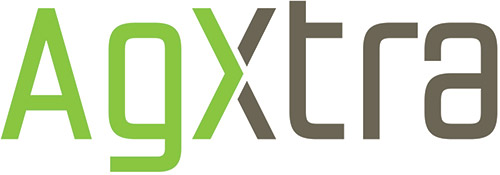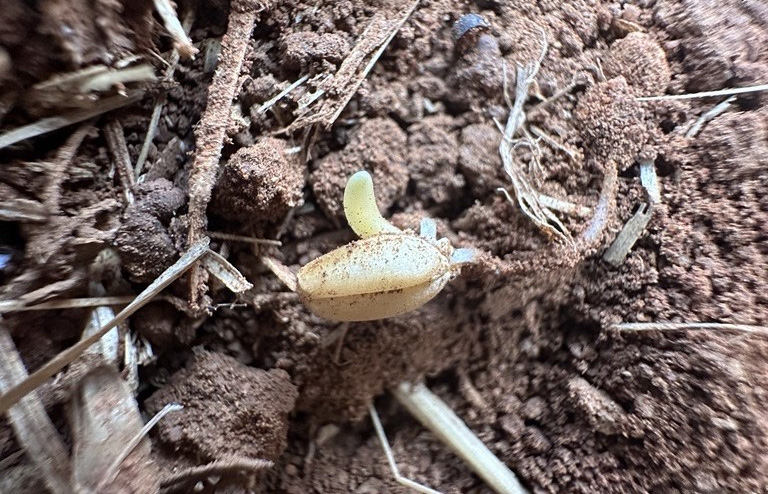The broadacre sowing season is a pivotal period for agricultural research companies like #AgXtra. Here, precision, timing, and environmental conditions can either make or break a research program’s success. One of the most formidable challenges we face is dealing with dry seasons. These periods of reduced rainfall present unique obstacles that require adaptive strategies, and at AgXtra, we are proactive in addressing these challenges.
Low rainfall obviously negatively impacts soil moisture levels and, subsequently, seed germination and early plant growth. Inadequate soil moisture can lead to poor seed germination, delayed and variable emergence, and reduced early vigour and development as crops emerge in colder conditions outside of the normal autumn window. This not only affects the immediate crop cycle but also has the potential to significantly impact the long-term sustainability and profitability of agricultural trials.
As climate variability continues to influence local weather patterns, dry seasons may become more frequent and severe. Agricultural research companies must remain proactive, continuously innovating and adapting to these challenges alongside their clients so that research objectives can also evolve if needed and outcomes can remain valid and in context.
By focusing on resilience and sustainability, we strive to ensure that our trials thrive irrespective of seasonal variability, turning challenges into opportunities for growth, learning and innovation in agriculture.
Alana Hill-Ling
Marketing Manager, AgXtra

